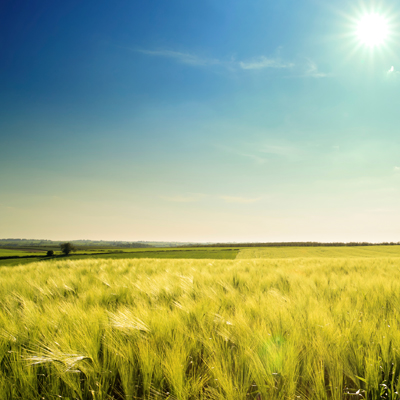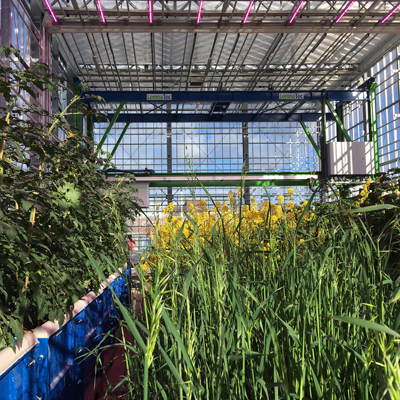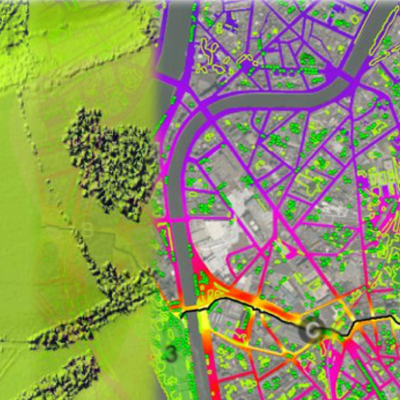Cranfield University is collaborating with partners in Pakistan and Madagascar to evaluate how effective a mobile phone app is in helping remote smallholder farmers better fertilise their land. The research is funded by the Royal Academy of Engineering’s Frontiers of Engineering for Development scheme.
Both Peshawar in Pakistan and Madagascar have remote areas with limited resources, so farming land must be managed effectively. In both areas, farmers are vulnerable to shocks to their agricultural system either from natural disasters or political instability. Vegetable production is key for smallholder farmers (SHF) and a new mobile phone app could help them target fertilisers to optimise yields. Cranfield University is leading the 12-month project to assess this system and compare it to conventional methods of land management.
Project lead, Dr Ruben Sakrabani, Senior Lecturer in Soil Chemistry said: “Fertiliser use is key in this subsistence system, but there’s little data available to help farmers take measures to improve their current practices and management. This simple tool could make a huge difference to their farming yields, saving cost and improving their livelihoods.”
The international team of researchers will work with SHFs to assess the mobile phone app for precision fertiliser management. The system uses a paper strip to analyse soil nutrients. The strip changes colour when inserted into soil extracts, and its colour intensity is measured by the app, which then recommends levels of fertiliser to use.




